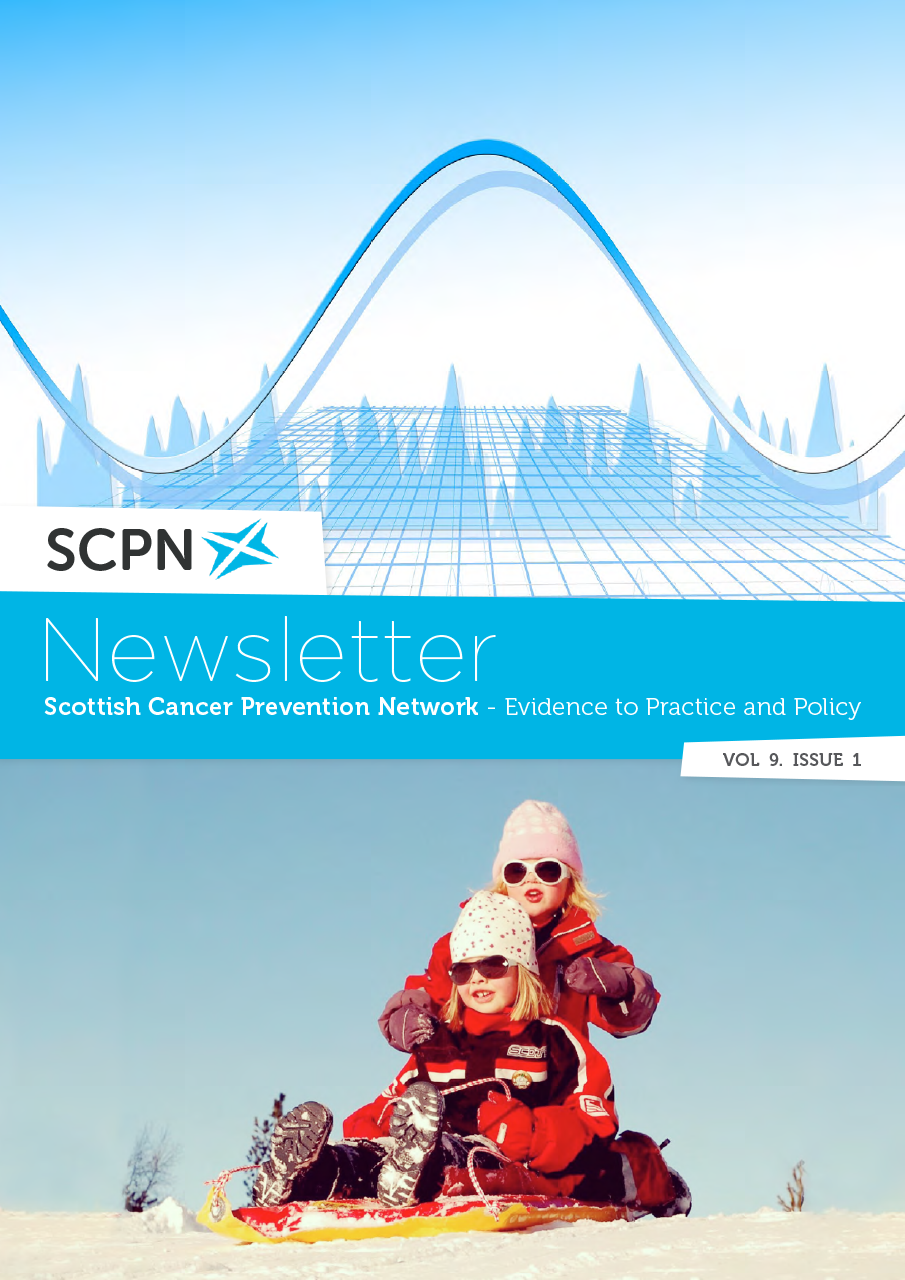
Expert Insight

08 Feb 18 |
Professor Malcolm Dunlop
MRC Human Genetics Unit, within the Institute of Genetics and Molecular Medicine, University of Edinburgh and a leading bowel cancer surgeon.
Prof Dunlop’s pioneering research is offering hope of finding new ways of preventing the disease and he was awarded this year’s Scottish Cancer Foundation’s prize which recognises excellence in cancer care and prevention.
What is the importance of family history in bowel cancer risk?
The risk of cancer is widely misunderstood, especially since the media – and even some scientists – misrepresent what it means. For instance, doubling of your risk for a specific cancer type or disease sounds awful, but it is the absolute risk within a set time period that is more important. A family history of large bowel cancer is associated with an overall doubling of lifetime risk but to put this in perspective, only 1 person will develop large bowel cancer before the age of 64 years out of every 116 in the general Scottish population as a whole (males and females together). Therefore, only 2 in 116 people with a family history of one first degree relative will develop bowel cancer – despite the worrying statement of “twice the risk”! Our research is trying to identify and understand the common genetic variants that impart this overall risk.
Nonetheless, within this overall family history risk “package”, there are also some families and individuals who have a VERY high risk of bowel cancer. These are what we call mendelian genetic disorders. It is very important to identify these families because preventative measures can be put in place – such as intensive surveillance and even consideration about pre-emptive removal of the large bowel because the risk is so high. These families tend to have lots of people affected from generation to generation at an early age. They also have other features such as benign polyps in the bowel. These can be identified by tracing from a young affected case or multiply-affected families, or by detecting multiple polyps in the bowel or other characteristic features of some of these conditions. Sequencing of the genes has revolutionised the identification and management of the cancer risk.
What about risk in people with a family history in second degree relatives?
There is a marginally increased risk in 2nd degree relatives but this is confounded by the fact that families with mutations in genes responsible for mendelian traits were included in all historical studies of the impact of family history on bowel cancer risk. However, a reasonable estimate is around a 30-50% increased risk over the general population risk. That is only a very small increase!
To what extent can family history of bowel cancer be explained by genetic variance?
We can’t answer this question at present. Part of the aggregation of cancer in families is due to shared environmental risk factors as well as shared genes – for example parents who smoke are more likely to have children who smoke. However, we are beginning to get to the point where we can estimate this. At present we can probably account for about a third of the excess familial risk from all of the genetic variants that we have identified to date. However, watch this space!
Looking ten years into the future how do you think knowledge of genetic variance will be used?
The use of “NextGeneration” sequencing and genotyping arrays will become a core part of medical assessment. The use of this information will help stratify screening programmes so that those at highest genetic risk can be offered the appropriate level of surveillance to catch tumours at an early and curable stage. This is already feasible, and it is only the practicalities that are the current hurdle.
However, more exciting than that, I think that the next 10 years of genetic research will reveal new pathways that can be targeted for prevention. For instance, many of the common genetic variants that have been identified have powerful effects on gene expression. This we feel is the mechanism by which the gene variants exert their impact on bowel cancer risk. Hence each of these is then a target pathway for developing new drugs and nutriceuticals that could augment the normal function of that gene. I consider this to be the truly enormous potential of genetic research in the field of cancer prevention.
What three key lifestyle messages do you think are important for people at increased genetic risk of bowel cancer?
- Take exercise! – sufficiently vigorous to increase your heart rate to 80% of your max heart rate
- Eat a healthy diet with plenty of vegetables
- Keep your weight down – a BMI of <30 certainly and preferably <25
There is good evidence that aspirin prevents bowel cancer in one of the mendelian disorders (Lynch Syndrome). Anyone with a proven mutation should be taking at least 75mg of aspirin daily. There is likely sufficient evidence to recommend aspirin for all those with a 1st degree relative. However the effect size is small and so the absolute benefit is finely balanced. Hence I do not yet consider this something I would recommend.

The SCPN Newsletter: Volume 9, Issue 1
The first issue of 2018, with contributions from Alcohol Focus Scotland, SCPHRP, Nourish Scotland, Obesity Action Scotland and Exercise Works in practice and policy, as well as the latest updates on research in prevention and screening.